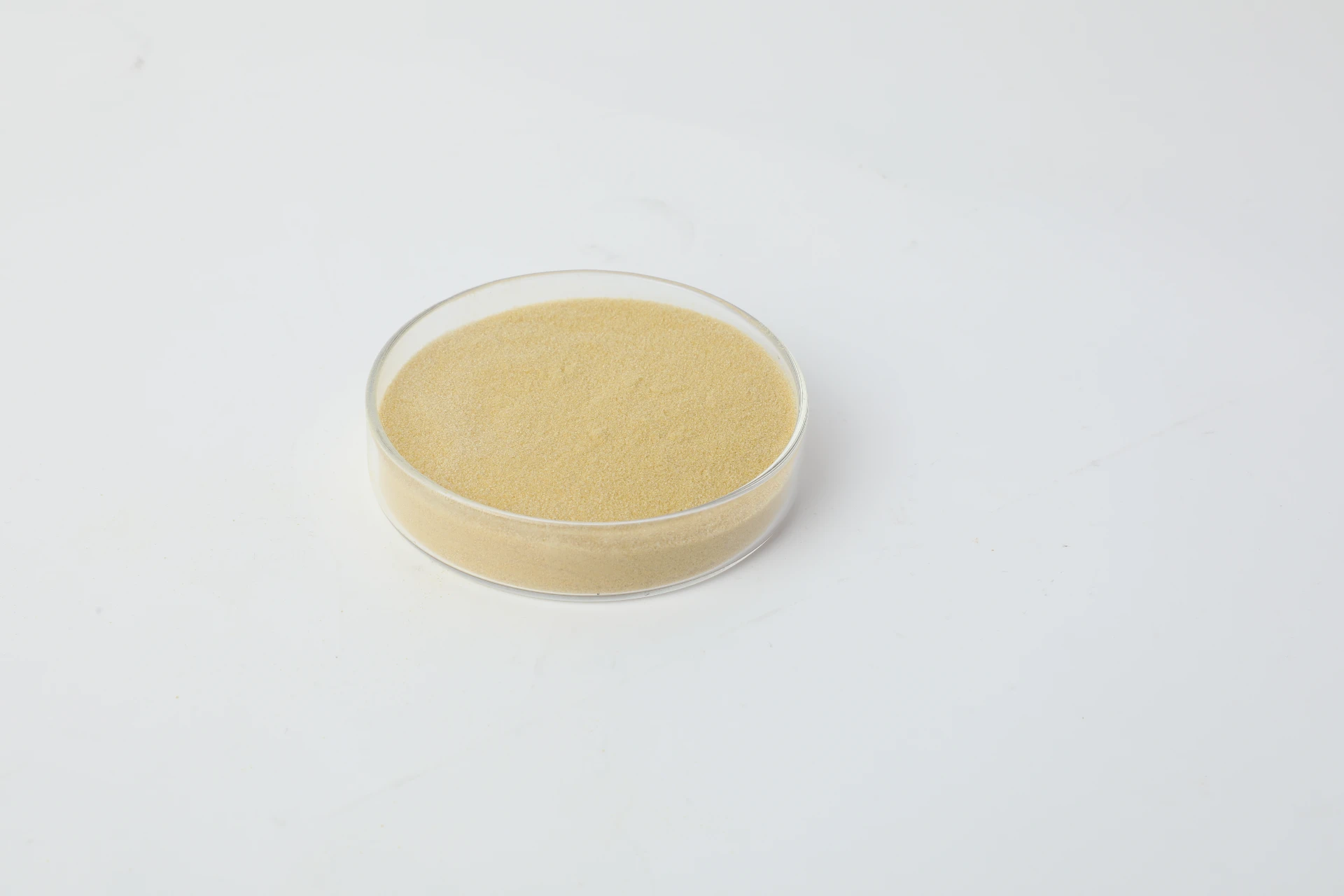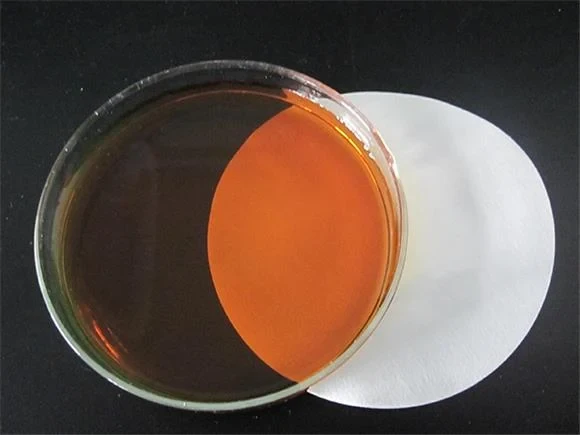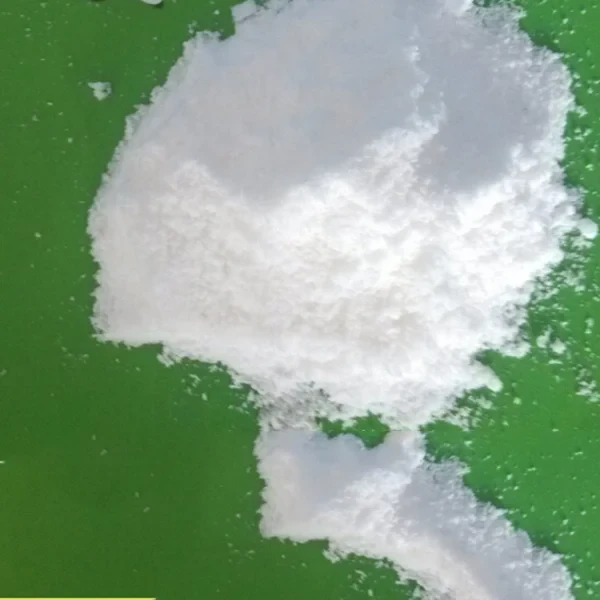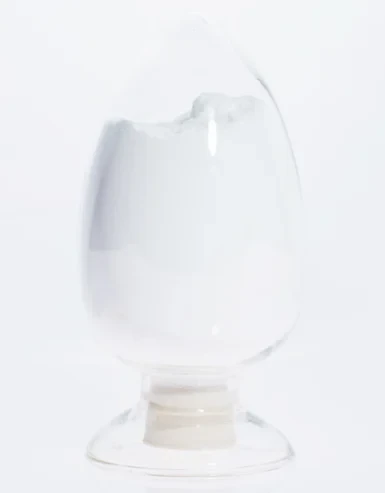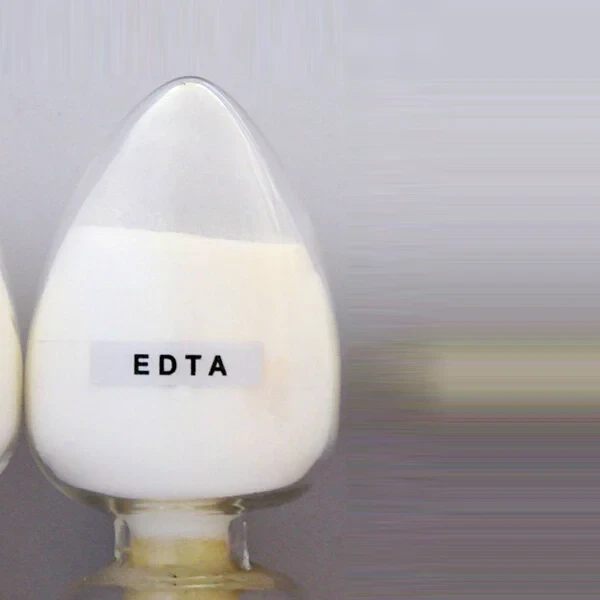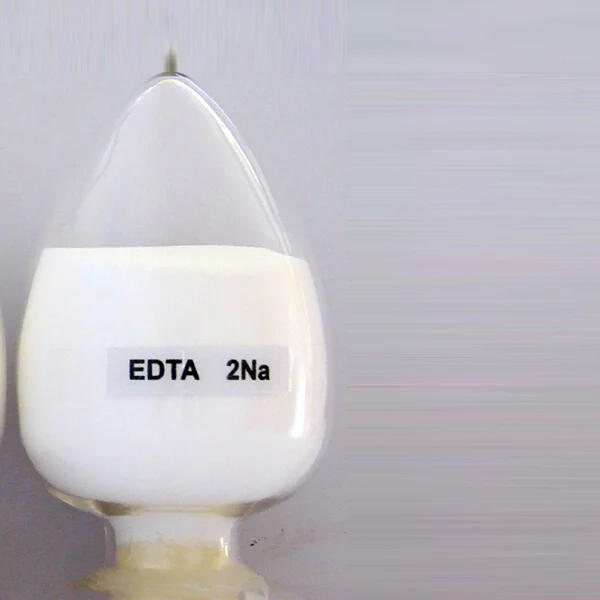CAS No. 181828-06-8,35608-40-6 Molecular weight: 1000-5000
Molecular Formula: C4H5NO3M(C4H4NO3M)m(C4H4NO3M)nC4H4NO3M2
Structural Formula:
Notes:m≥n,M=Na+
Product Description:
Polyaspartic acid(PASP) is a amino acid polymer,which is green and biodegradable.it won the first US President's Green Chemicals Challenge Award.
PASP is an artificial synthetic water soluble polymer of high molecular weight, having the characteristics of no phosphorus, non-toxic, pollution-free and complete biodegradable. With the structure characteristics of peptide bond and active group such as carboxyl group, PASP has powerful functions such as chelate, dispersion, and adsorption, etc. and also good compatibility.
Specification:
|
Inspection Item |
Indication Range for Liquid |
Indication Range for Solid |
|
Appearance |
Yellow to reddish brown liquid |
Light yellow powder |
|
Solid Content% ≥ |
40.0 |
90.0 |
|
Density@20℃) ≥ |
1.22 |
0.4-0.7 |
|
Limiting Viscosity Number @30℃ |
0.055-0.090 |
0.055-0.090 |
|
pH Value(10g/L) |
8.5-10.5 |
7.0-10.0 |
|
Biodegradation Rate/% ≥ |
60 |
60 |
Polyaspartic acid salts are widely used to prevent corrosion and scale inhibitors in the water treatment fields such as industrial cooling water recirculating, crude oil drilling ,mining fluid etc.
Besides, They can also be used as dispersing agent in cleaning products, surface cleaning, papermaking, printing ,dyeing textiles etc.
Furthermore it can also be used in home care and I&I areas and personal care products like shampoos and cosmetics etc.
Application on cleaning products:
PASP shows the outstanding effectiveness of the dispersion of inorganic pigments and the liquefact- ion of slurries so that it can be used as dispersant in dyeing and painting; PASP is a useful replacement for the bleaching stabilizers used in the bleaching of pulp and textile, to prevent hydrogen peroxide’s catalytic decomposition as a result of heavy metals dissolved in the process water; Besides PASP is also used in mining concentrated liquid,metal cutting fluid and printing ink.
its composite structure, the PASP softens the water and enhances its soil-carrying capacity (also called anti-redeposition power) and prevents the surfactants from losing its activities in hard water. Besides, this efficient biodegradable polymer could replace the softeners as the dispersant in low-phosphate and phosphate-free detergents.
Synonyms:
PASP; Sodium Salt of Polyaspartic Acid; Sodium of Polyaspartate;Sodium Salt of Polyaspartic Acid (PASP); Polyaspartic acid sodium salt;
Polyaspartic acid potassium salt; Potassium of polyaspartate



